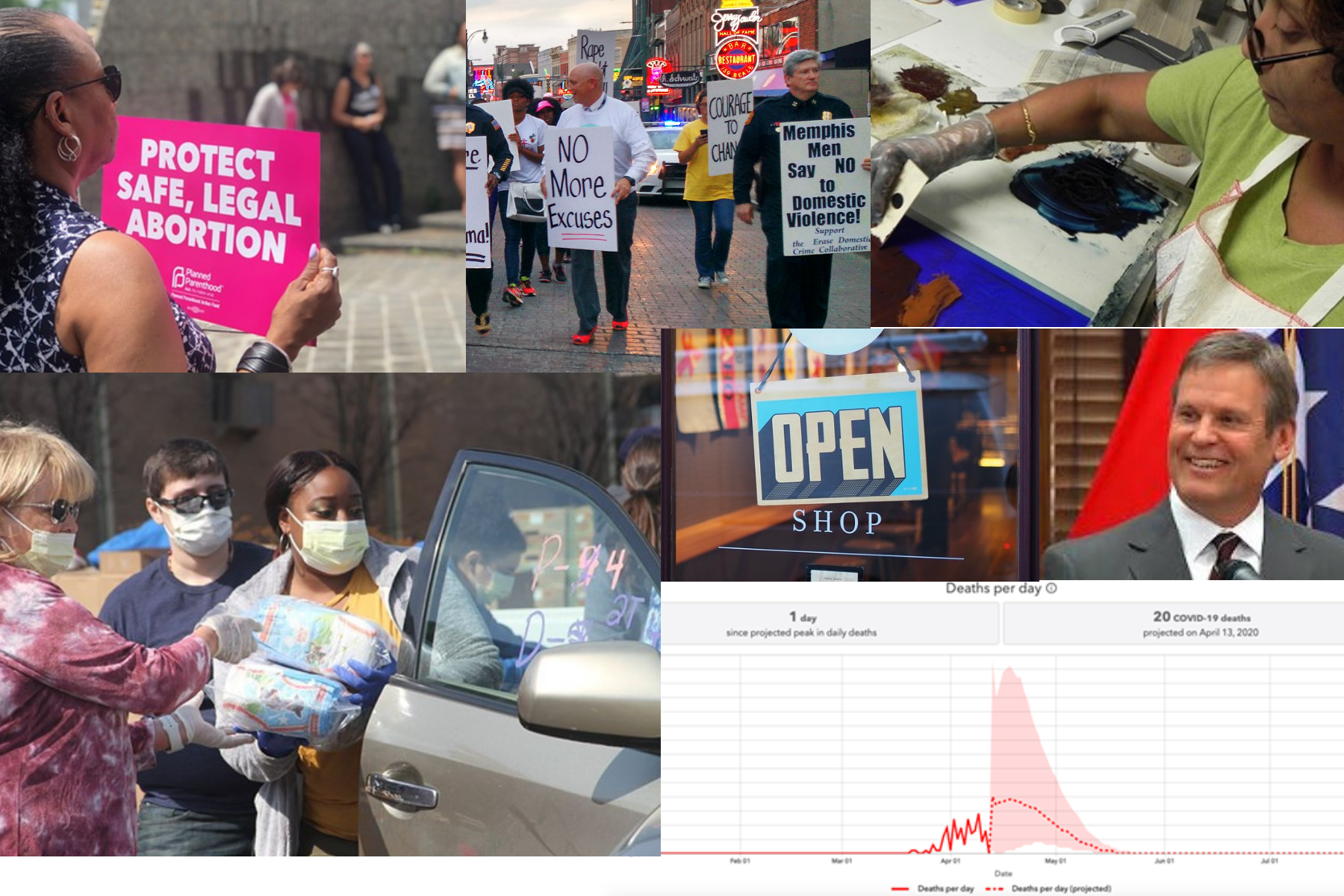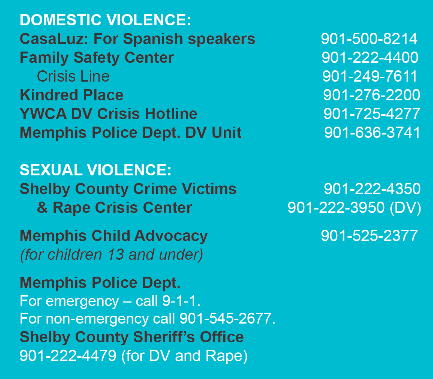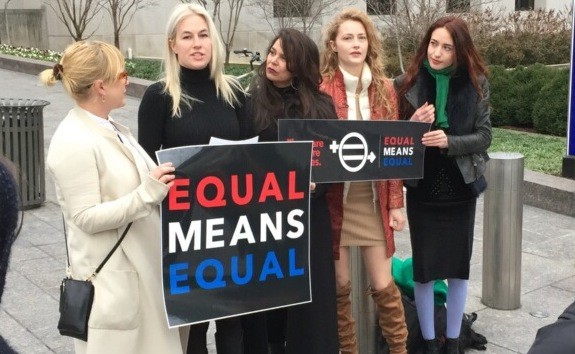When the Walk a Mile in Her Shoes was scheduled months ago, Deborah Clubb, Memphis Area Women’s Council executive director, could never have predicted how needed the group’s 11th annual walk would be.
Each year, the one-mile walk invites men and boys to don women’s shoes and join as allies in a demonstration against rape, domestic violence, sexual harassment, stalking, and any other form of gendered violence. This year, that message is especially important, coming so soon after the kidnapping and murder of Eliza Fletcher.
“It’s such a good opportunity for men and boys to show they care about what has happened,” Clubb says. “Some of us walked or ran the other Friday to finish Liza’s run. That was primarily about getting women out because women running for their health or athletic interests felt targeted or endangered or both.
“This is when men and boys can come and say, ‘I will join you in this determination to stop this completely unnecessary gendered violence.’”
The walk will begin and end at the Ramesses II statue on Central at the University of Memphis, and walkers can choose signs to carry and borrow from the council’s supply of women’s shoes or bring their own. Registration begins at 5 p.m., and the first 200 registrants will get a Walk a Mile visor.
The registration fee of $15 or $10 for students (free for U of M students) will go toward producing the walk and other campaigns the Women’s Council sponsors, including Memphis Says No More, a collaborative effort led by the Memphis Sexual Assault Kit Task Force to bring awareness of and offer resources for victims of domestic violence and sexual assault.
In fact, in light of recent news about the thousands of untested rape kits across the state, Clubb, who worked with the Sexual Assault Kit Task Force to advocate for testing more than 12,000 stored rape kits in Memphis back in 2013, will be a voice along with Memphis Says No More and the Women’s Council to ask for emergency state funding to remedy the backlog of assault kits and to hopefully secure the resources to prevent such a backlog from occurring again.
Clubb says, “It took me a couple of days to come to grips with the realization that we were back again at this place of needing special effort to catch up with rape kits which are materials from someone’s body, someone who has been completely, horribly treated, traumatized, and possibly hurt forever. It’s deeply disappointing, but I’m glad we got awareness.”
And like with this walk, awareness, more frequently than not, leads to action, which in turn leads to change. Hope is not lost as long as, Clubb says, “we keep women’s voices raised around safety, justice, and equity.”
Walk a Mile in Her Shoes, University of Memphis, Thursday, September 22, 5:30 p.m., $10-$15.




